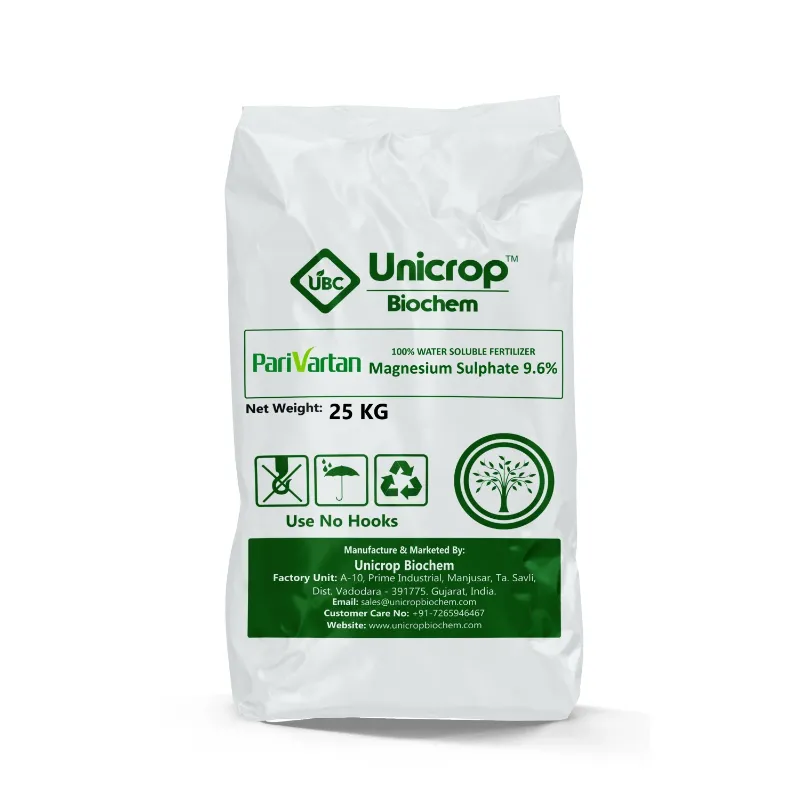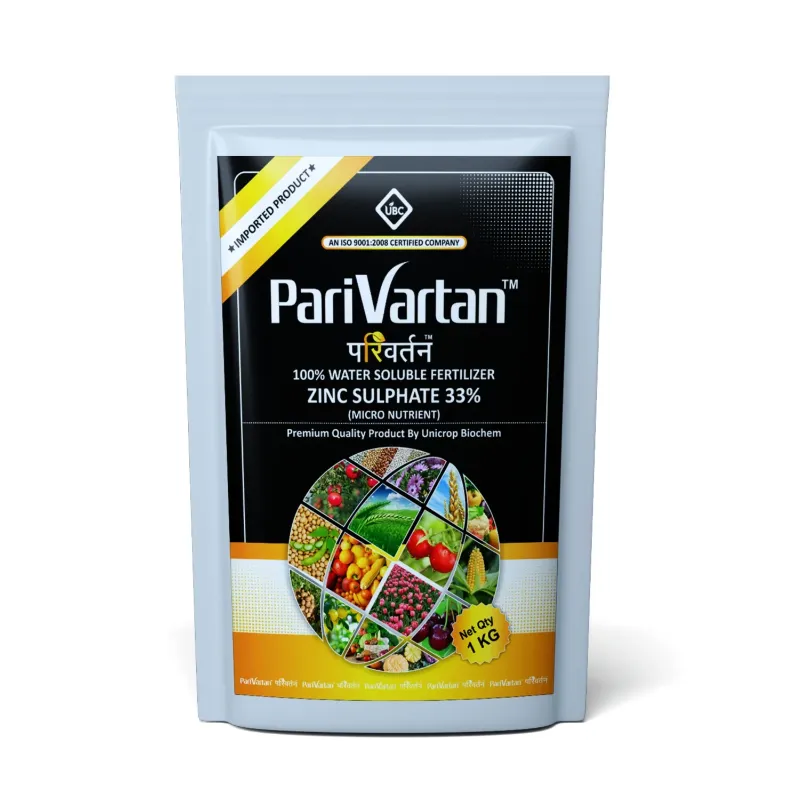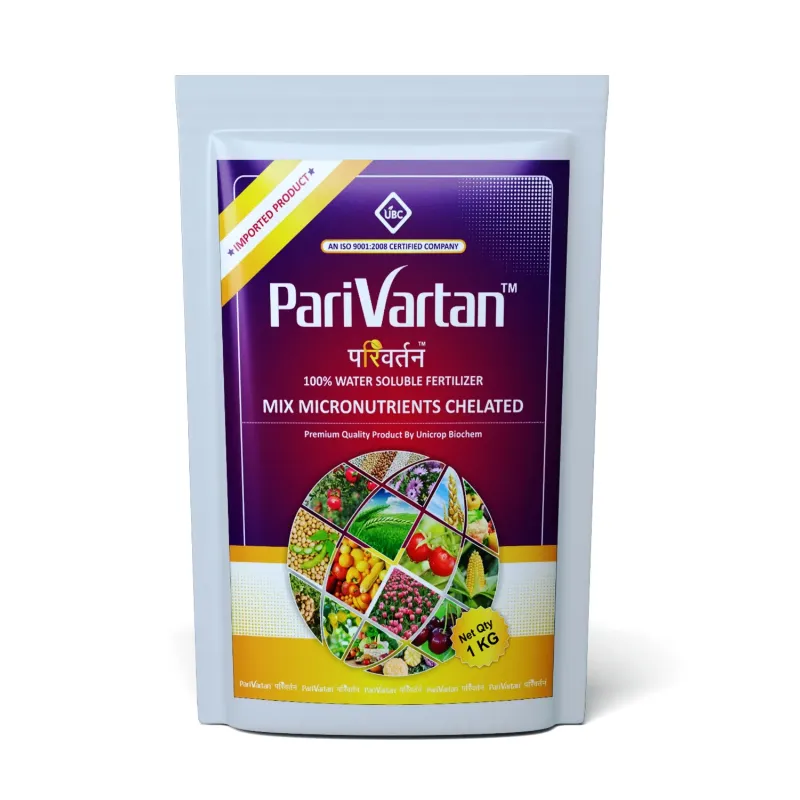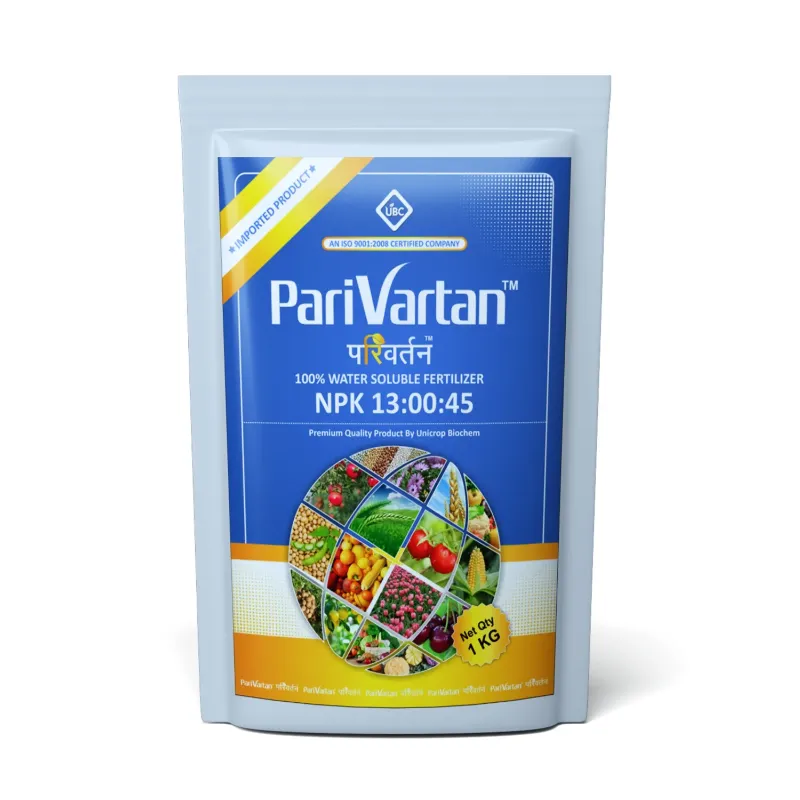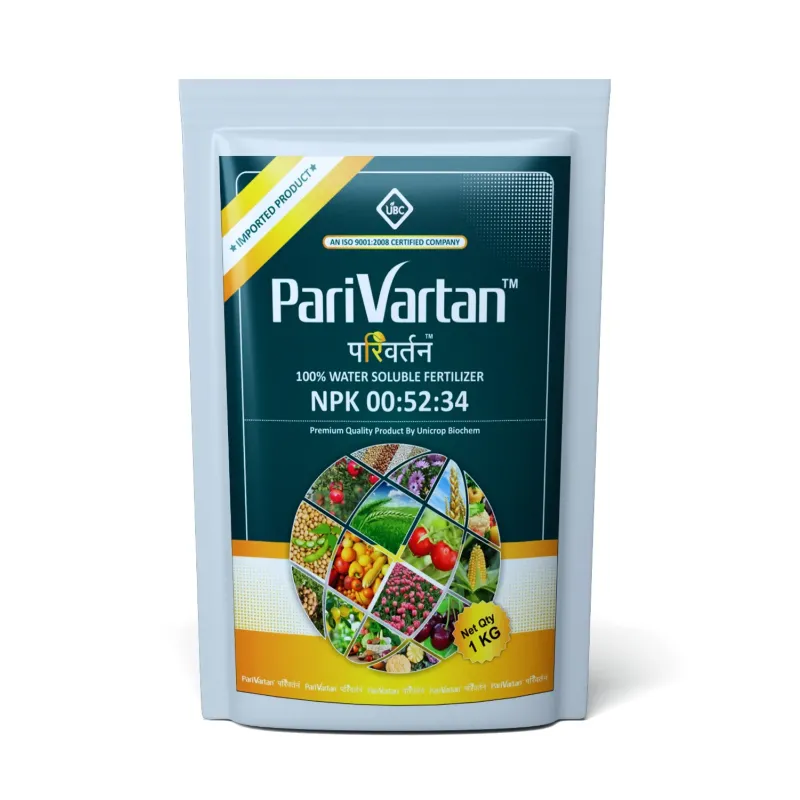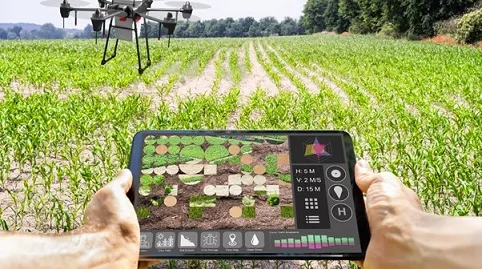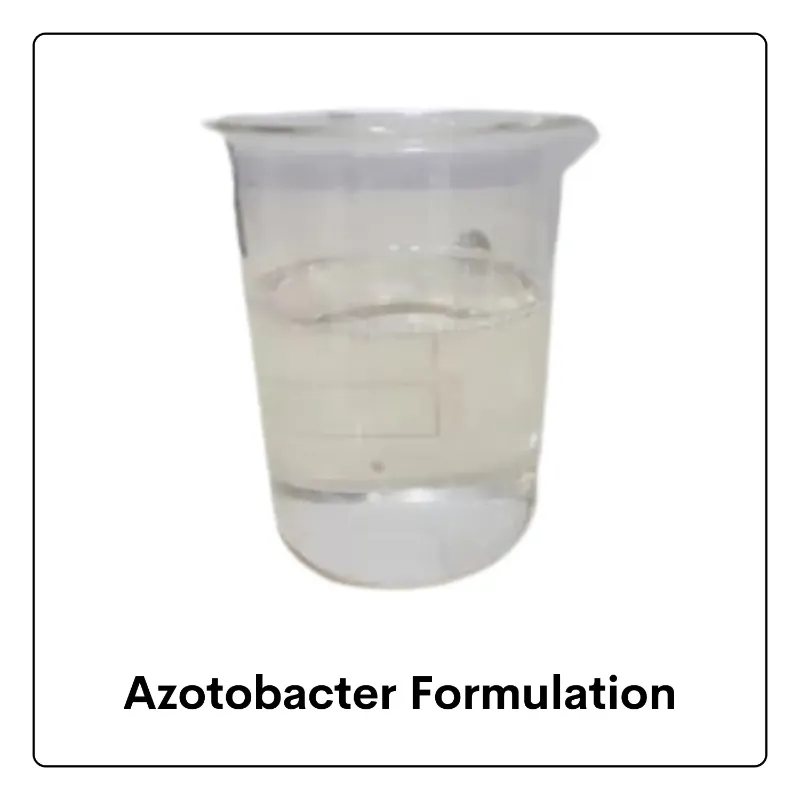Innovations and technologies have played a pivotal role in transforming farming practices, revolutionizing the way farmers cultivate crops, manage resources, and adapt to changing environmental conditions. In this blog post, we’ll explore some of the innovative technologies that have significantly impacted farming practices, enhancing productivity, sustainability, and efficiency on the farm.
Precision Agriculture:
Precision agriculture is a revolutionary approach that utilizes advanced technologies such as GPS, remote sensing, and data analytics to optimize farm management practices. Through precision agriculture, farmers can precisely monitor and manage various aspects of their fields, including soil moisture levels, nutrient concentrations, and pest infestations. By applying inputs such as water, fertilizers, and pesticides more precisely, farmers can reduce waste, minimize environmental impact, and optimize crop yields.
Autonomous Machinery:
Autonomous machinery, including self-driving tractors, harvesters, and drones, has transformed farming operations by increasing efficiency and reducing labor costs. These advanced machines are equipped with sensors and artificial intelligence algorithms that enable them to perform tasks such as planting, spraying, and monitoring crops with precision and accuracy. By automating repetitive tasks, autonomous machinery allows farmers to focus on higher-value activities and improve overall farm productivity.
Vertical Farming:
Vertical farming is an innovative agricultural technique that involves growing crops in vertically stacked layers, often in controlled indoor environments such as warehouses or shipping containers. This technology utilizes hydroponic or aeroponic systems to deliver nutrients and water directly to plant roots, eliminating the need for soil. Vertical farming maximizes space utilization, minimizes water usage, and enables year-round production, making it ideal for urban areas with limited land availability.
Genetically Modified Organisms (GMOs):
Genetically modified organisms (GMOs) have revolutionized farming practices by introducing traits such as herbicide tolerance, insect resistance, and disease resistance into crop plants. GMOs enable farmers to control pests and weeds more effectively, reduce the use of chemical pesticides and herbicides, and improve crop yields and quality. While GMOs remain controversial in some circles, they have become an integral tool in modern agriculture, contributing to global food security and sustainability.
Internet of Things (IoT) Sensors:
Internet of Things (IoT) sensors are devices that collect and transmit data from various components of the farming environment, including soil, plants, machinery, and weather conditions. By integrating IoT sensors into their operations, farmers can monitor critical parameters in real time, such as soil moisture levels, temperature, humidity, and crop growth metrics. This data-driven approach enables farmers to make informed decisions, optimize resource allocation, and respond promptly to changing conditions, ultimately improving farm productivity and sustainability.
Biotechnology and CRISPR-Cas9:
Biotechnology, including the CRISPR-Cas9 gene editing technology, has revolutionized crop breeding and genetic improvement. CRISPR-Cas9 allows scientists to precisely edit the DNA of crop plants, enabling the development of new varieties with desirable traits such as increased yield, enhanced nutritional content, and improved resilience to environmental stresses. Biotechnology offers farmers access to crop varieties tailored to their specific needs, helping them adapt to changing climate conditions and improve overall farm productivity.
Conclusion:
Innovations and technologies have transformed farming practices, empowering farmers to achieve higher levels of productivity, sustainability, and efficiency. From precision agriculture and autonomous machinery to vertical farming and biotechnology, these innovations offer solutions to some of the most pressing challenges facing agriculture today. By embracing these transformative technologies, farmers can navigate the complexities of modern agriculture and contribute to a more resilient and sustainable food system for the future.
